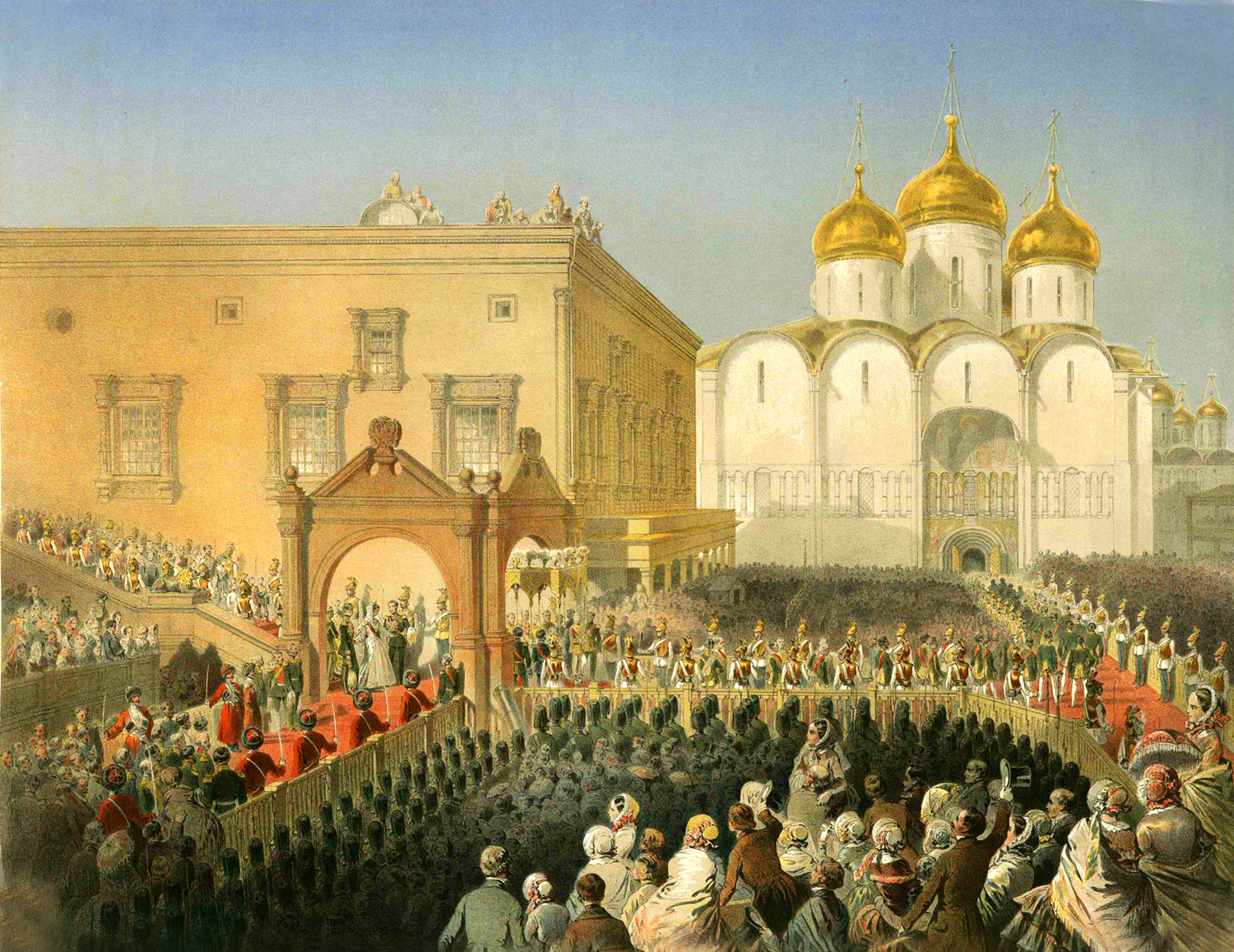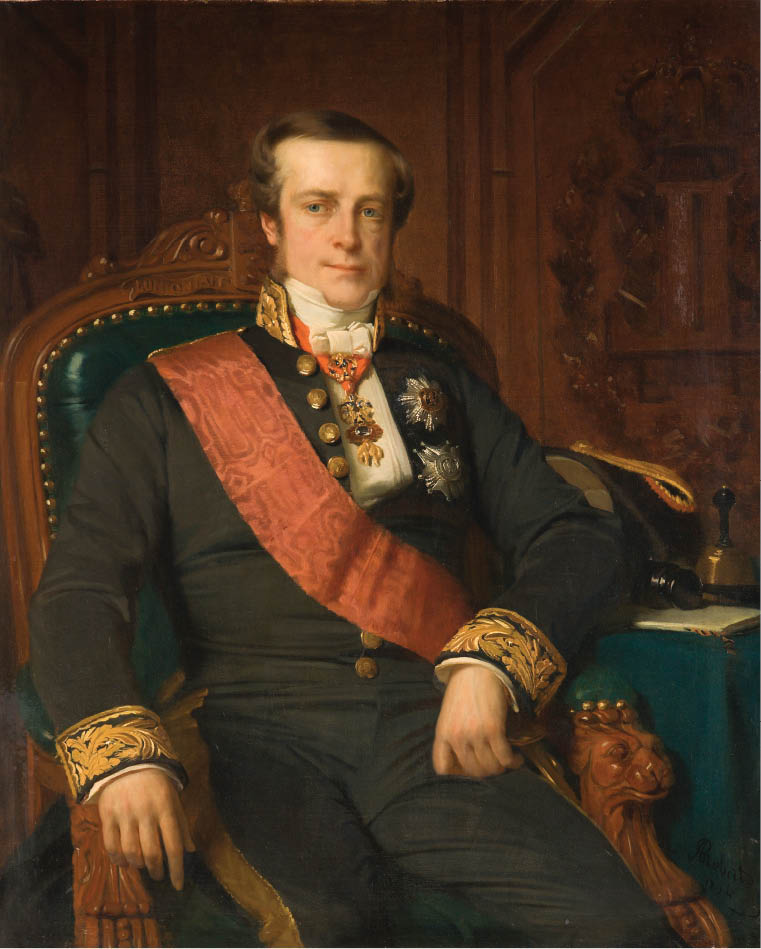|
Fortress Of St. Elizabeth
The Fortress of St. Elizabeth (, also known locally as "earthworks") is a former earthen fortress in the form of a six-pointed star in the city of Kropyvnytskyi in central Ukraine, which became the main symbol of the city. It is unique in that there are no more than ten fortresses of this type in Europe. History After the formation of New Serbia (historical province), New Serbia on the lands of Zaporozhian Cossacks, Ukrainian Cossacks, the fortress was created to protect the territories of Serbian settlers from Tatar raids. The fortress of St. Elizabeth was built according to the decree of the Senate, which also created New Serbia. The decree was signed by Empress Elizabeth of Russia, Elizabeth Petrovna on 4 January 1752. On the basis of the decree, Colonel Ivan Horvat was given a certificate of thanks, and Ivan Glebov received an instruction. The Hadiach Regiment, Hadiach-Myrhorod Regiment, Myrhorod regiment of Ukrainian Cossacks (1390 males) arrived to build the fortress, wh ... [...More Info...] [...Related Items...] OR: [Wikipedia] [Google] [Baidu] |
Kropyvnytskyi
Kropyvnytskyi (, ) is a city in central Ukraine, situated on the Inhul, Inhul River. It serves as the administrative center of Kirovohrad Oblast. Population: Over its history, Kropyvnytskyi has changed its name several times. The settlement was known as Yelysavethrad after Empress Elizabeth of Russia from 1752 to 1924, or simply Elysavet. In 1924, as part of the Soviet Union, it became known as Zinovievsk after the revolutionary Grigory Zinoviev, who was born there. Following the assassination of Sergei Kirov in 1934, the town was renamed Kirovo. Concurrently with the formation of Kirovohrad Oblast on 10 January 1939, and to distinguish it from Kirov Oblast in central Russia, Kirovo was renamed Kirovohrad. As part of independent Ukraine, the name of the city was then changed to ''Kropyvnytskyi'' in 2016 due to Decommunization in Ukraine, decommunization laws, in honour of Marko Kropyvnytskyi, who was born near the city. [...More Info...] [...Related Items...] OR: [Wikipedia] [Google] [Baidu] |
Peter Tekeli
Peter Tekeli (; ;''Popović'' is often omitted. ; 1720–1792) was a Russian general-in-chief of Serb origin. He achieved the highest rank among the Serbs who served in the Imperial Russian Army. Tekeli was born in a noble family of military tradition, whose men were officers of the Austrian army in the Military Frontier. Prior to his emigration to Russia in 1748, he fought as a young officer in the War of the Austrian Succession. Characterized by both courage and military cunning, he made a splendid career in Russia. He participated in the Seven Years' War, the Russo-Turkish War of 1768–1774 and the Russo-Turkish War of 1787–1792. Under his command, the Zaporozhian Cossacks were disbanded and subjugated to the Imperial authority in 1775, without spilling a single drop of blood, for which he received the Order of Saint Alexander Nevsky from Empress Catherine the Great. He retired in 1790, and died two years later in his mansion at Novomirgorod. Family background and early ... [...More Info...] [...Related Items...] OR: [Wikipedia] [Google] [Baidu] |
Alexander III Of Russia
Alexander III (; 10 March 18451 November 1894) was Emperor of Russia, King of Congress Poland and Grand Duke of Finland from 13 March 1881 until his death in 1894. He was highly reactionary in domestic affairs and reversed some of the liberal reforms of his father, Alexander II, a policy of "counter-reforms" (). Under the influence of Konstantin Pobedonostsev (1827–1907), he acted to maximize his autocratic powers. During his reign, Russia fought no major wars, and he came to be known as The Peacemaker ( ), with the laudatory title of ''Tsar’-Mirotvorets'' enduring into 21st century historiography. His major foreign policy achievement was the Franco-Russian Alliance, a major shift in international relations that eventually embroiled Russia in World War I. His political legacy represented a direct challenge to the European cultural order set forth by German statesman Otto von Bismarck, intermingling Russian influences with the shifting balances of power. Early life ... [...More Info...] [...Related Items...] OR: [Wikipedia] [Google] [Baidu] |
Alexander II Of Russia
Alexander II ( rus, Алекса́ндр II Никола́евич, Aleksándr II Nikoláyevich, p=ɐlʲɪˈksandr ftɐˈroj nʲɪkɐˈlajɪvʲɪtɕ; 29 April 181813 March 1881) was Emperor of Russia, Congress Poland, King of Poland and Grand Duke of Finland from 2 March 1855 until Assassination of Alexander II of Russia, his assassination in 1881. Alexander's most significant reform as emperor was the emancipation reform of 1861, emancipation of Serfdom in Russia, Russia's serfs in 1861, for which he is known as Alexander the Liberator ( rus, Алекса́ндр Освободи́тель, r=Aleksándr Osvobodítel, p=ɐlʲɪˈksandr ɐsvəbɐˈdʲitʲɪlʲ). The tsar was responsible for other Liberalism, liberal reforms, including reorganizing the judicial system, setting up elected local judges, abolishing corporal punishment, promoting local self-government through the ''zemstvo'' system, imposing universal military service, ending some privileges of the nobility, and promot ... [...More Info...] [...Related Items...] OR: [Wikipedia] [Google] [Baidu] |
Nicholas I Of Russia
Nicholas I, group=pron (Russian language, Russian: Николай I Павлович; – ) was Emperor of Russia, List of rulers of Partitioned Poland#Kings of the Kingdom of Poland, King of Congress Poland, and Grand Duke of Finland from 1825 to 1855. He was the third son of Paul I of Russia, Paul I and younger brother of his predecessor, Alexander I of Russia, Alexander I. Nicholas's thirty-year reign began with the failed Decembrist revolt. He is mainly remembered as a reactionary whose controversial reign was marked by geographical expansion, centralisation of administrative policies, and repression of dissent both in Imperial Russia, Russia and among its neighbors. Nicholas had a happy marriage that produced a large family, with all of their seven children surviving childhood. Nicholas's biographer Nicholas V. Riasanovsky said that he displayed determination, singleness of purpose, and an iron will, along with a powerful sense of duty and a dedication to very hard work. ... [...More Info...] [...Related Items...] OR: [Wikipedia] [Google] [Baidu] |
French Invasion Of Russia
The French invasion of Russia, also known as the Russian campaign (), the Second Polish War, and in Russia as the Patriotic War of 1812 (), was initiated by Napoleon with the aim of compelling the Russian Empire to comply with the Continental System, continental blockade of the United Kingdom. Widely studied, Napoleon's incursion into Russia stands as a focal point in military history, recognized as among the list of battles by casualties, most devastating military endeavors globally. In a span of fewer than six months, the campaign exacted a staggering toll, claiming the lives of nearly a million soldiers and civilians. On 24 June 1812 and subsequent days, the initial wave of the multinational Grande Armée crossed the Neman River, marking the entry from the Duchy of Warsaw into Russia. Employing extensive forced marches, Napoleon rapidly advanced his army of nearly half a million individuals through European Russia, Western Russia, encompassing present-day Belarus, in a b ... [...More Info...] [...Related Items...] OR: [Wikipedia] [Google] [Baidu] |
Georgi Emmanuel
Count Georgi Arsenyevich Emmanuel () (13 April 1775–26 January 1837) was a Russian general of Serbian origin who participated in the Napoleonic Wars. He was promoted to major general on 26 December 1812 and after the end of the battle of Paris to general on 27 March 1814. After returning to Russia, he was put in command of the 4th Dragoon Division. On 25 June 1825, he became the supreme commander and governor of the Caucasus. He was promoted to general of the cavalry in July 1828, during the Russo-Turkish War (1828-29). In 1829, he organised and led the first Russian scientific expedition to Mount Elbrus, for which he was made a member of the Russian Academy of Sciences. See also * Peter Ivanovich Ivelich * Andrei Miloradovich * Avram Ratkov * Jovan Horvat * Nikolay Depreradovich * Rajko Depreradović * Jovan Šević * Jovan Albanez * Ivan Adamovich * Ilya Duka * Simeon Končarević * Pavle Julinac * Simeon Piščević * Mikhail Miloradovich * Semyon Zorich * ... [...More Info...] [...Related Items...] OR: [Wikipedia] [Google] [Baidu] |
Novomyrhorod
Novomyrhorod (, ) is a city in Novoukrainka Raion, Kirovohrad Oblast, central Ukraine, in the southern part of the Middle Dnieper area. It hosts the administration of Novomyrhorod urban hromada, one of the hromadas of Ukraine. The population of Novomyrhorod is approximately Novomyrhorod is situated on the banks of the Velyka Vys River. Name and history The name literally means "New Myrhorod" or "new peace town". Between 1752 and 1764, Novomyrhorod was the capital of New Serbia, a military frontier established by the Russian Empire that had an ethnic Romanian majority. Since 1802 it was a town in Kherson Governorate of Russian Empire. Since 1923 Novomyrhorod was the district center of Yelysavethradsky District, Ukrainian SSR. City since 1960.Новомиргород // Большой энциклопедический словарь (в 2-х тт.). / редколл., гл. ред. А. М. Прохоров. том 2. М., "Советская энциклопедия", 199 ... [...More Info...] [...Related Items...] OR: [Wikipedia] [Google] [Baidu] |
Charles-Joseph, 7th Prince Of Ligne
Charles-Joseph Lamoral, 7th Prince de Ligne in French; in German Karl-Joseph Lamoral 7. Fürst von Ligne (also known as Karl Fürst von Ligne or ''Fürst de Ligne''): (23 May 1735 – 13 December 1814) was a field marshal, inhaber of an infantry regiment, prolific writer, intellectual, member of the princely family of Ligne. He fought as a field officer during several famous battles during the Seven Years' War and briefly returned to military duty in the War of the Bavarian Succession. He performed an important diplomatic mission to Catherine the Great in 1787 and led troops against the Turks at Belgrade in 1789. Beginning in the 1770s, he authored an impressive volume of work. After his estates in the Austrian Netherlands were lost to France during the War of the First Coalition, he lived in Vienna. All three of his sons died before him, but his wife and four daughters all outlived him. His grandson, the 8th Prince, became a Belgian statesman. Military service Prince Charles ... [...More Info...] [...Related Items...] OR: [Wikipedia] [Google] [Baidu] |
Kherson Fortress
The Kherson fortress (Ukrainian language, Ukrainian: Херсонська фортеця) is a former earthen fortress in the city of Kherson in southern Ukraine. History The Kherson fortress was founded on September 8, 1778, according to the project of the chief architect of the Admiralty College, M. Vetoshnikov, on the site of the previously existing Zaporozhian Cossacks, Ukrainian Cossack fortification Oleksandr-Shanets (before its establishment, there was a settlement of Bilikhovychi (Ukrainian language, Ukr. Біліховичі) on the territory of modern Kherson). In 1784-1785 the work plan was finally revised by the new head of construction works, M. Korsakov. One of the buildings was St. Catherine's Cathedral, Kherson, St. Catherine's Cathedral. Until the beginning of 1787, Kherson was divided into 4 parts: the central one - the fortress, the Military Forstadt - to the east of the fortress, the Northern Forstadt - in the northwest direction, and the Greek city - to th ... [...More Info...] [...Related Items...] OR: [Wikipedia] [Google] [Baidu] |
Crimean War
The Crimean War was fought between the Russian Empire and an alliance of the Ottoman Empire, the Second French Empire, the United Kingdom of Great Britain and Ireland, and the Kingdom of Sardinia (1720–1861), Kingdom of Sardinia-Piedmont from October 1853 to February 1856. Geopolitical causes of the war included the "Eastern question" (Decline and modernization of the Ottoman Empire, the decline of the Ottoman Empire, the "sick man of Europe"), expansion of Imperial Russia in the preceding Russo-Turkish wars, and the British and French preference to preserve the Ottoman Empire to maintain the European balance of power, balance of power in the Concert of Europe. The flashpoint was a dispute between France and Russia over the rights of Catholic Church, Catholic and Eastern Orthodox Church, Orthodox minorities in Palestine (region), Palestine. After the Sublime Porte refused Nicholas I of Russia, Tsar Nicholas I's demand that the Empire's Orthodox subjects were to be placed unde ... [...More Info...] [...Related Items...] OR: [Wikipedia] [Google] [Baidu] |




